Product Liability: Owners or Potential Buyers of Cars, Motorcycles or small Trucks to be able to check intstantly online if Recalls affecting their Vehicle have been Addressed
If a car, a motorcycle or a small truck is defective, the manufacturer has to initiate a recall campaign to correct the defect by repairing or replacing the vehicle or by offering a refund to the consumer. Despite the manufacturer’s efforts, recall campaigns are not always successful especially when the cars, motorcycles and trucks being recalled are older and are likely to have been resold at least once. Too many vehicles owners are not aware of recalls and continue to drive unrepaired cars, trucks or motorcycles unknowingly exposing themselves, their passengers and other road users to potential accidents, damages or injuries.
Starting next year every owner or potential buyer of a car, a motorcycle or a small truck will be able to check if all recalls related to their vehicle were addressed. The U.S. Department of Transportation’s National Highway Traffic Safety Administration (NHTSA) just announced its plans to require automakers and motorcycle manufacturers to provide consumers with a free online tool that will enable them to search recall information by Vehicle Identification Number (VIN). Consumers will be able to instantly check if their vehicle is safe and address any defect related issue if necessary.
This new measure is a step ahead to protect consumers from the harm and property damage that can be caused by a vehicle with a serious safety defect.
 New York Personal Injury Attorneys Blog
New York Personal Injury Attorneys Blog


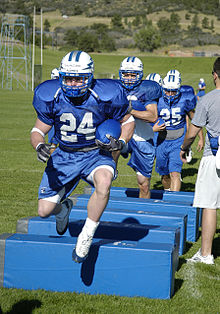 “No helmet system can protect you from serious brain and/or neck injuries including paralysis or death. To avoid these risks, do not engage in the sport of football” is the type of language that consumers will read on most warning labels when they purchase a football helmet these days.
“No helmet system can protect you from serious brain and/or neck injuries including paralysis or death. To avoid these risks, do not engage in the sport of football” is the type of language that consumers will read on most warning labels when they purchase a football helmet these days. 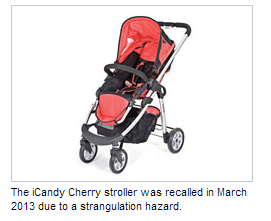 Millions of toys that contained dangerous levels of lead paint and other toxins as well as dangerous children products have been recalled since the Consumer Safety Improvement Act was signed into law 5 years ago.
Millions of toys that contained dangerous levels of lead paint and other toxins as well as dangerous children products have been recalled since the Consumer Safety Improvement Act was signed into law 5 years ago.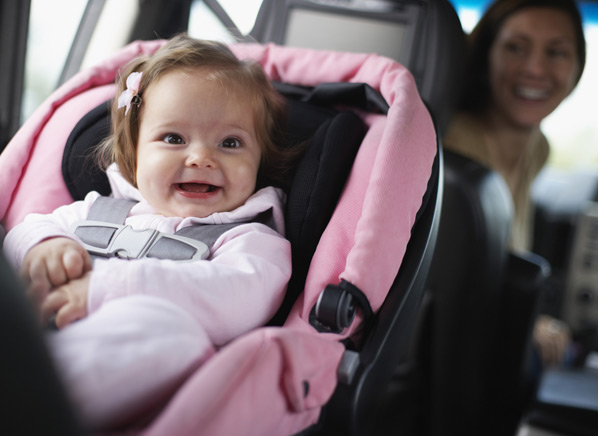 LATCH stands for “Lower Anchors and Tethers for Children”. They became mandatory in vehicles in 2002 to help parents better secure the baby seat in the car and eliminate seat belt incompatibility. Pursuant to the actual law the lower anchors are designed to support a maximum weight of 65 lbs. Most parents are not aware that this weight includes the child and the child seat. When the total weight exceeds 65 lbs the child seat must be secured with the car seatbelt.
LATCH stands for “Lower Anchors and Tethers for Children”. They became mandatory in vehicles in 2002 to help parents better secure the baby seat in the car and eliminate seat belt incompatibility. Pursuant to the actual law the lower anchors are designed to support a maximum weight of 65 lbs. Most parents are not aware that this weight includes the child and the child seat. When the total weight exceeds 65 lbs the child seat must be secured with the car seatbelt.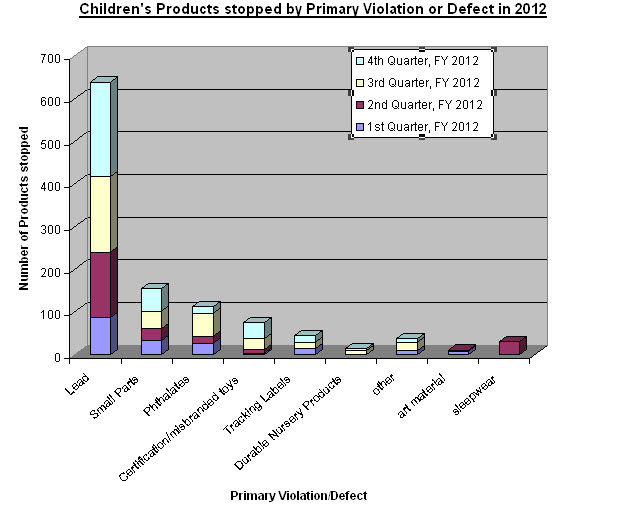
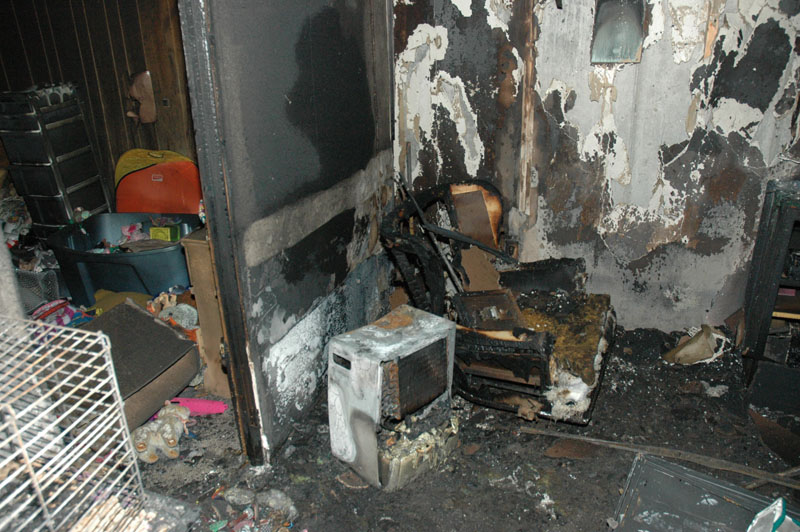
 745 people have been
745 people have been 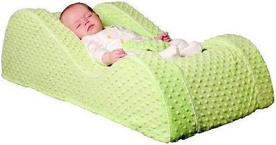 Nap Nanny and Chill recliners create a substantial
Nap Nanny and Chill recliners create a substantial 